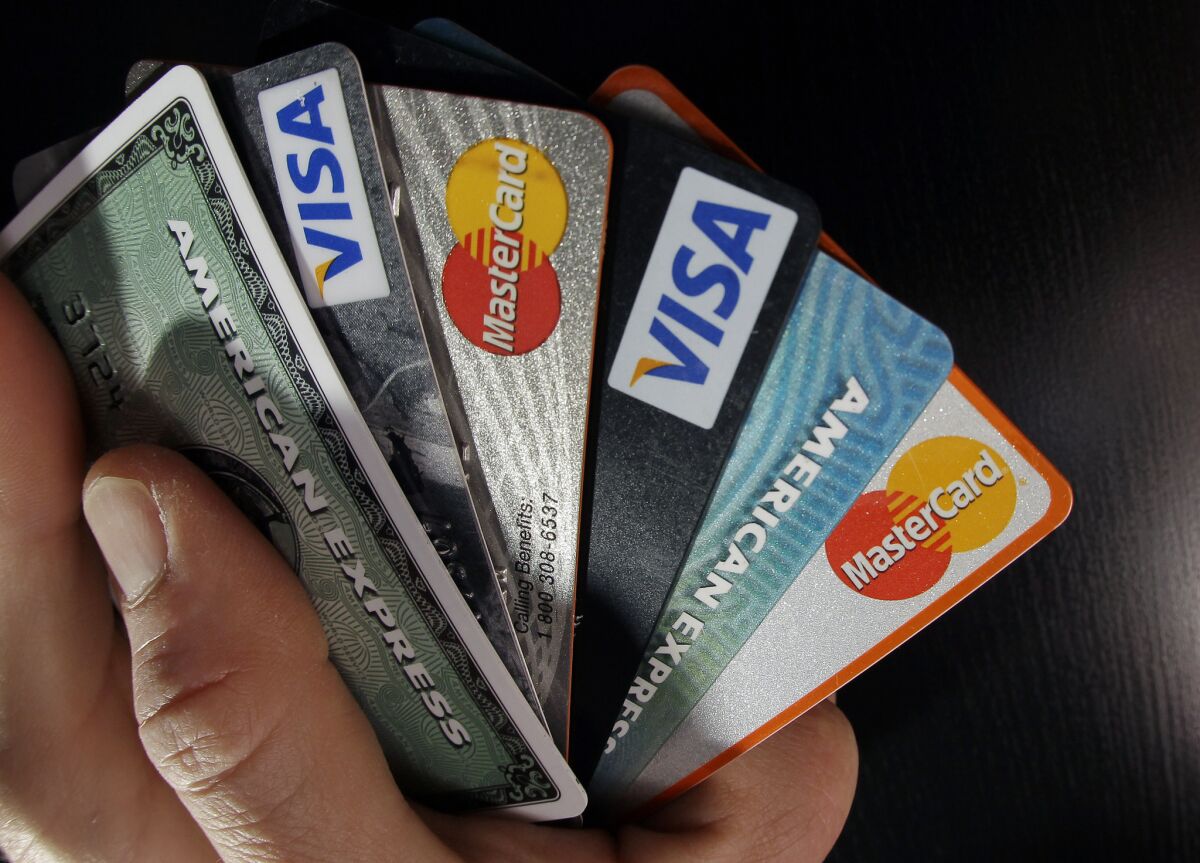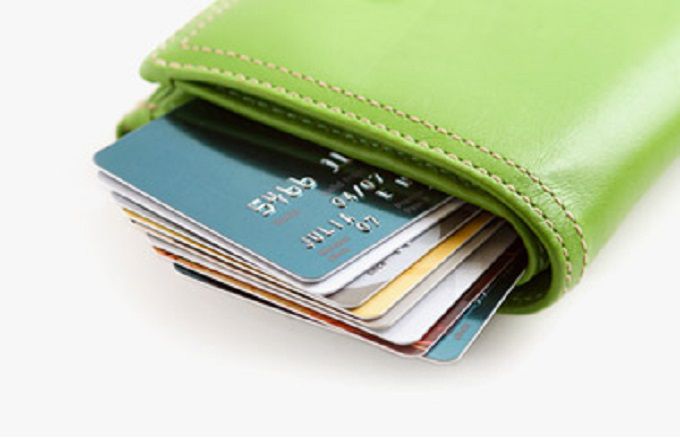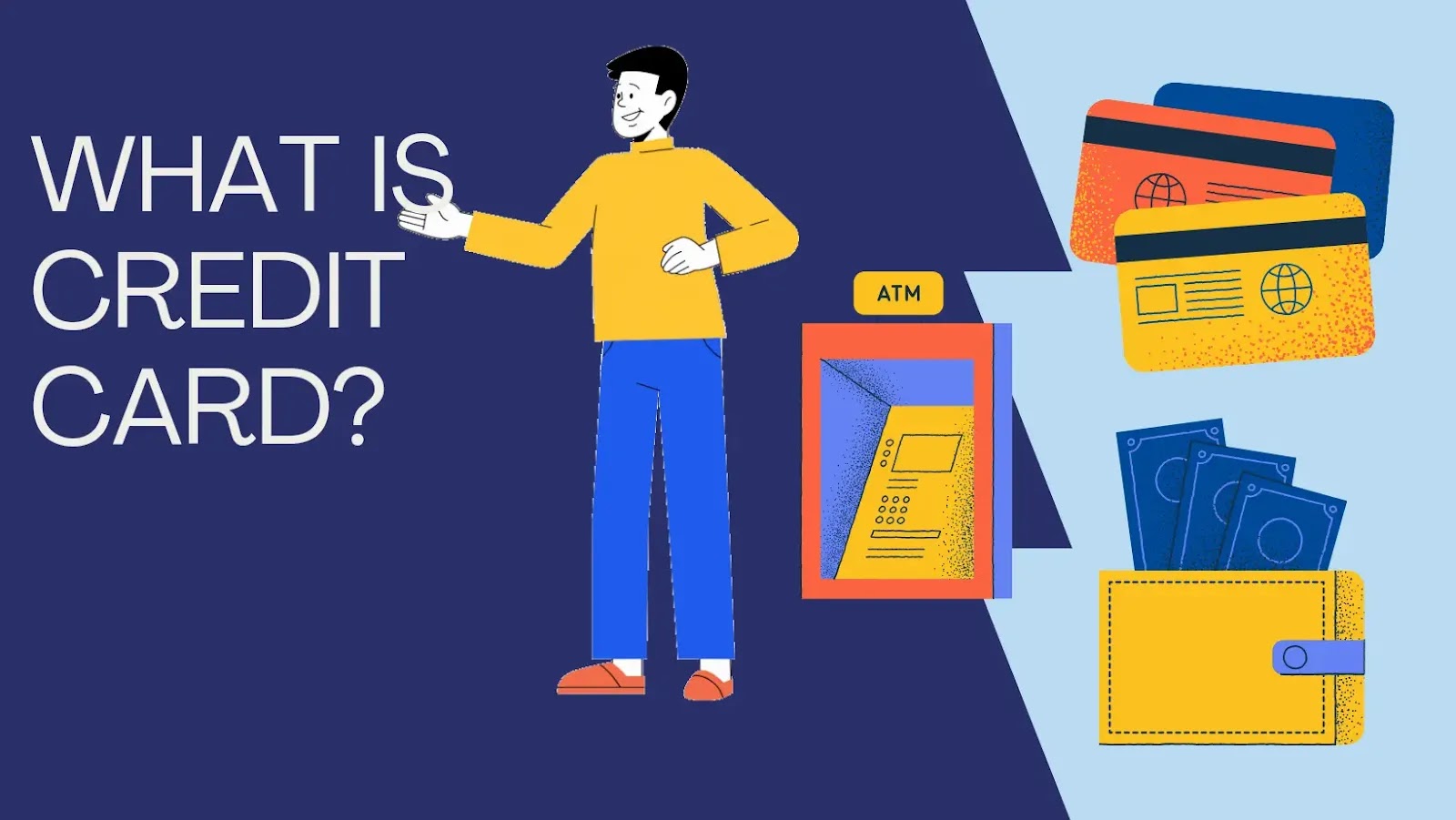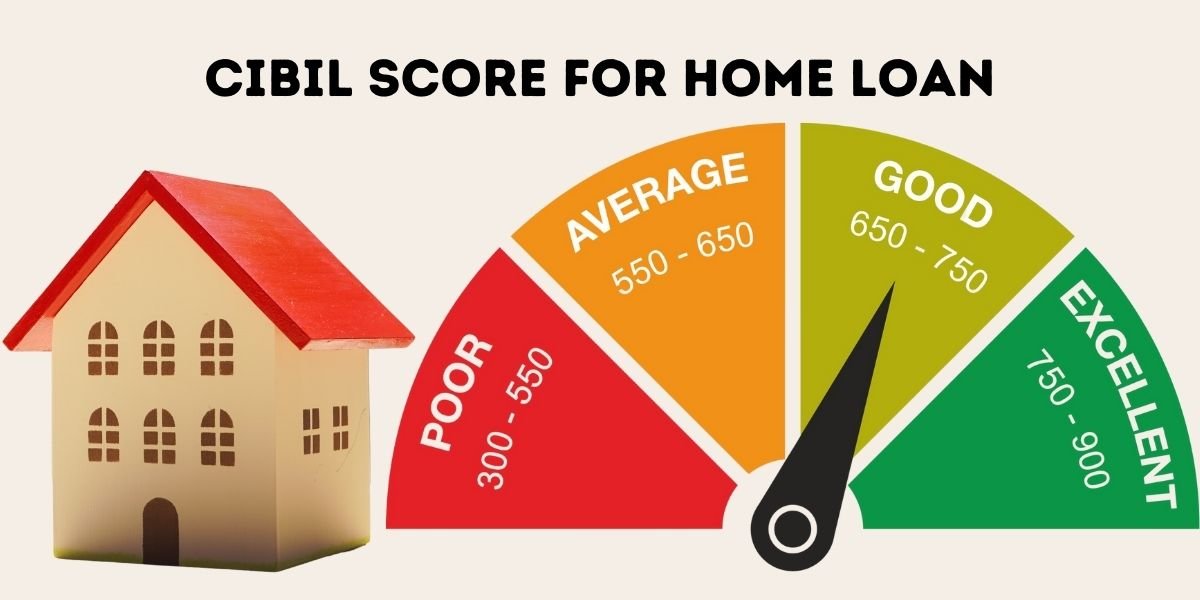Discover the Untapped Potential of Your Credit Card
Untapped potential of your credit card
Table of Contents
Have you ever gotten an additional credit card without first consulting with your parents and asking their input? Or is there anybody else here that has some experience working with credit cards? Because keeping additional credit becomes more of a burden than a luxury, they would have probably urged you to make this decision carefully in light of the fact that retaining it is not a luxury but rather a responsibility. When you make purchases on your debit card, you should do it with an eye toward your regular expenditures and in accordance with your capacity to pay the balance back.

Credit cards may have an effect on your credit rating in a variety of ways, beginning with the application process and continuing all the way through the time you use the card. Considering that a credit score essentially reflects the possibility that you will pay back any loans that you take out on time. Your credit card issuer is required to report your activity to consumer credit bureaus such as CRIF on a monthly basis. This behavior has an impact on your credit rating.
Because having a credit card can be advantageous for creating a credit score, many people believe that everyone should have at least one credit card, regardless of whether they do not intend to use the card. Your credit score may be negatively impacted if you have established credit based on your financial history but do not have any credit cards in your name.
In addition to having an impact on your credit rating, they may also be of assistance to you in times of crisis and when your financial situation is precarious. But if you don’t know how to utilize them properly, they might get you into much more difficulty. In the event that you find yourself in a difficult financial situation and want to make use of the credit card at this period, it is essential to formulate a game plan and make charges with extreme caution.
Credit Utilization Ratio in Relation to Credit Limit
The majority of debit cards comes with a predetermined limit on credit, which implies that cardholders do not have the opportunity to alter their credit limit as they go along. However, there are cards that will automatically adapt to the limit you can spend and boost the amount of credit you have on the card you use. If you find yourself in a difficult financial situation and need to use a credit card, it is imperative that you monitor your available credit carefully.

When it involves reaching the maximum amount that may be charged on the card you are using, your credit utilization ratio is an essential factor. It is recommended to keep your credit utilization ratio between 30 and 40 percent at all times. If you choose to use your debit card, however, while you are experiencing a financial emergency, you will almost certainly spend all of your available credit, which will add to the perception that you are a high-risk borrower. Your financial standing and, as a consequence, your credit score might be negatively impacted if you become known as a hazardous borrower.
Debunking Common Myths About Credit Cards
When you don’t use any of your credit cards, you should cancel them altogether. When you cancel a credit card, it might have a negative impact on your overall credit score. Your credit limits will be decreased as a result, which will result in an increase in your credit use ratio. This might give the impression that you are a borrower who is desperate for credit. Therefore, you should continue to use those cards regardless of whether there are no ongoing maintenance fees.

The minimal payment that is required on the card you use each month has no impact on your credit rating. It is usually recommended that you pay the whole balance that is due on a credit card. Repeatedly paying the minimal amount due might be detrimental to both your credit rating and the amount of debt associated with your account. Each month that you only make the required minimum payment, the interest charges are increased by one percentage point.
One’s Financial Situation, Common Errors Involving Credit Cards
People were given the option to put their loan EMIs and credit card due payments on hold if they opted for the moratorium, which was made available to anyone who felt it was necessary in light of the oncoming epidemic. Even while this is a positive step by the government, the individual who chooses to take advantage of it may find themselves in a more stressful situation as a result. Even though the moratorium allowed for a temporary halt in payments, the accumulation of interest rates and EMIs continued unabated. Ignoring payments due on credit cards: Even while a difficult financial situation may prevent you from making more purchases with your credit card, this does not imply that you may put your past-due obligations on hold.

You should pay off any recurring fees or subscription services that you purchase with your credit card well in advance of the due date and not ignore the fact that you have this obligation.
Put your spending in order of priority. If you are experiencing financial instability or a tightening of your budget, you should refrain from making any purchases that can be put on hold for the time being. In point of fact, it is preferable to establish a strategy for every expenditure you wish to make and keep to the plan than not to have a plan at all. In a circumstance like this one, you need to refrain from incurring any unanticipated costs.





Leave a Reply